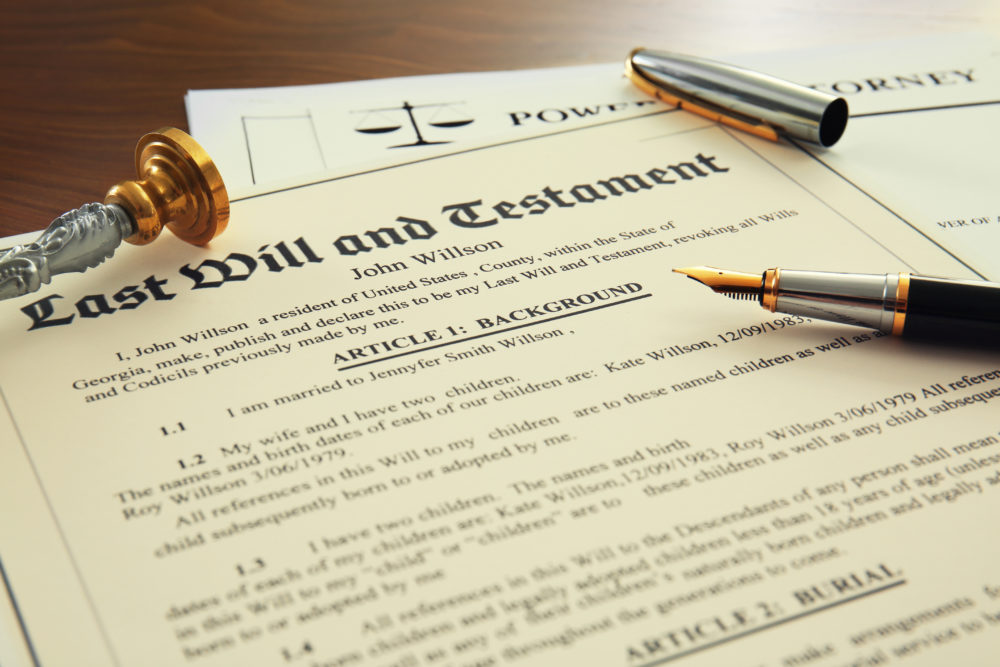
Unfortunately, there may come a time in the life of individuals whereby they can no longer manage their own affairs, leaving many important matters that must be handled. Therefore, if there is no Power of Attorney and/or Advance Directive for Healthcare, or if these documents are insufficient under the circumstances, a guardianship may be necessary. A guardianship allows one person to care for another’s financial and other personal affairs and make decisions when the incapacitated person cannot do so themselves. This may be an important necessity for loved ones who can’t handle their own affairs, regardless of age. There are different forms of guardianship that may be appropriate in a variety of situations.
In order to appoint a guardian in New Jersey, a Petition must be filed through the County Surrogate with, among other things, certifications signed by two medical professionals attesting to the incapacity of the individual, and a judgment must be entered by a Superior Court Judge appointing the guardian. Typically, guardianship is granted to a responsible loved one (or other third party, including the Public Guardian) who can be trusted to handle such important matters. The guardian must represent the best interests of the incapacitated person. Family members must be aware of the petition for guardianship and will be given notice and have an opportunity to be heard on any action for guardianship. If any party in interest does not agree with the proposed guardian, or if the subject of the guardianship wishes to contest the proceeding through appointed counsel, there may be a contested court hearing. However, if everyone approves of the proposed guardian and he or she is otherwise qualified, the petition for guardianship will typically be granted and the guardian will receive an order from the court that outlines the terms of their duties and what matters they are permitted by law to handle. Some of the responsibilities of a guardian can include:
- Managing finances
- Determining living arrangements
- Making sure all bills are paid and taxes are filed
- Approving or denying all medical care, medications, and surgery
- Applying for Medicaid Benefits
If you have questions about a guardianship, contact our firm today.